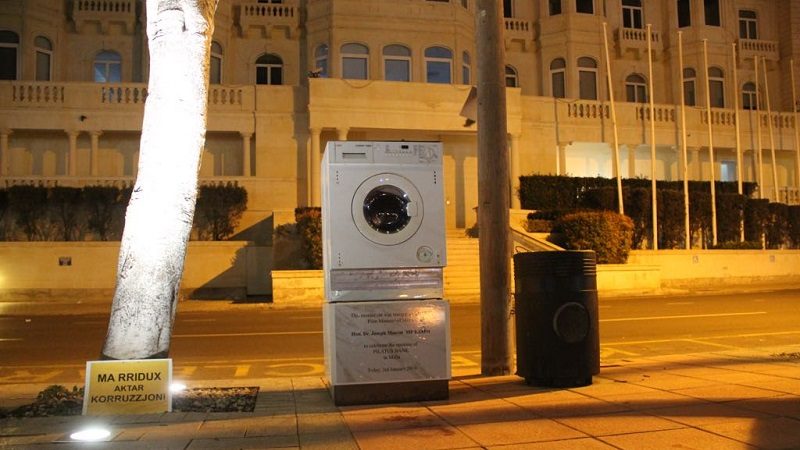The European Parliament voted overwhelmingly to adopt a package of laws to strengthen the European Union’s toolkit to combat money laundering and terrorist financing.
The new laws will significantly impact multiple sectors, including cryptocurrency, luxury goods traders, and football clubs.
Cryptocurrency companies such as exchanges, for instance, must now carry out due diligence checks on all customers, including verifying their information and reporting suspicious activities.
The package also introduces enhanced due diligence measures for cross-border correspondent relationships for crypto-asset service providers. This follows a 2021 legislative proposal to make crypto asset transfers more transparent and traceable.
Under the proposed new rules, the financial intelligence unit of each country will have immediate and direct access to information on transfers of funds and cryptocurrency.
The legislation will also ensure that people with a legitimate interest, including journalists, media professionals, civil society organisations, competent authorities, and supervisory bodies, will have immediate, unfiltered, direct and free access to beneficial ownership information held in national registries and interconnected at EU level.
In addition, the new law will establish a threshold of €10,000 in all member states, and any cash transactions above this amount will be banned.
Another significant development is the establishment of the new Authority for Anti-Money Laundering and Countering the Financing of Terrorism (AMLA) in Frankfurt.
AMLA will be tasked with direct supervision of the riskiest financial entities, intervening in case of supervisory failures, and serving as a central hub and mediator for supervisors, which is crucial in ensuring compliance.
Europe and its member states have recently been at the centre of several money laundering scandals. In 2021, Malta was ranked worst in the EU for money-laundering risks and was placed on the Financial Action Task Force (FATF) grey list for its failures in preventing money laundering. It was removed from the list the following year.
Malta also attempted to establish itself as the ‘Blockchain Island’ during the tenure of disgraced former Prime Minister Joseph Muscat by offering cryptocurrency companies relaxed regulations and favourable operating conditions for a few years.
However, stricter measures were to be implemented after the grace period ended. Although many large crypto companies had set up their operations on the island, almost all left as soon as stricter measures kicked in.
The country’s iGaming sector also experienced issues with money laundering, particularly involving Sicilian firms connected to the Mafia.
The Anti-Money Laundering and Countering the Financing of Terrorism (AML/CFT) package consists of the sixth Anti-Money Laundering (AML) directive (adopted with 513 votes in favour, 25 against, and 33 abstentions), the EU “single rulebook” regulation (adopted with 479 votes in favour, 61 against, and 32 abstentions), and the Anti-Money Laundering Authority (AMLA) regulation (adopted with 482 votes in favour, 47 against, and 38 abstentions).
The laws need to be formally adopted by the European Council, before publication in the EU’s Official Journal.












